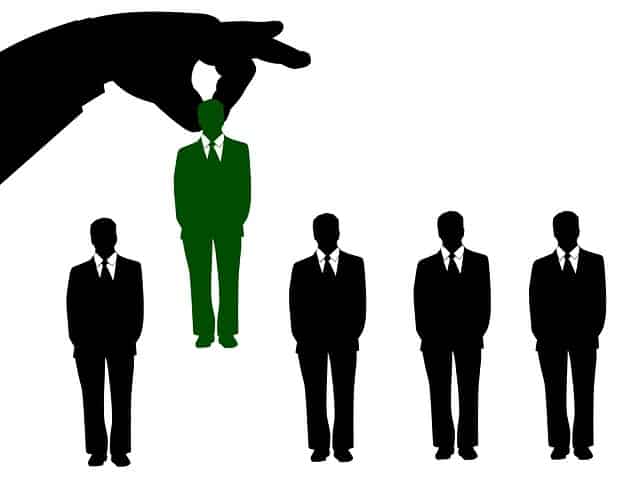Reading a recent post in “The Pot Blog” (which covers legal, political & social changes as they relate to legalized marijuana in Washington state), I was somewhat taken aback by the series of events that occurred in Spokane when a gentleman openly displayed the four grams of marijuana he had legally purchased. That it was pot and that he paid for it were not so extraordinary; that he was the first person in Washington to buy the state-licensed weed wasn’t so remarkable either. That he did so in front of a camera? That’s what got the attention of the media and, not surprisingly, his employer. Here’s what happened:
- The man was shown on a news station happily holding his purchase in the air.
- Then viewers can see him smoking what looks to be his purchase.
- Next, a client of his employer (TrueBlue Labor Ready, a labor staffing company) complained to that employer (details on that complaint are spotty).
- Forty minutes after the man bought the pot he received a text from TrueBlue indicating that unless he took a urine drug test within 24 hours he’d lose his job.
- Then the man called his employer, explaining that he would fail the test. TrueBlue’s response? He’d be fired.
- Meanwhile, on the same day, the man’s part-time employer, Kodiak Security, also chimed in regarding a urine drug test, which he took the following day.
- Then, apparently, a media storm erupted and the story got bigger and bigger.
- Ultimately, TrueBlue called him in and said he had not lost his job though “company policy prohibits being under the influence on the job.” So far, at least at this writing, there’s been no word about the other employer.
So what does all this mean and how can we learn from it? First, this scenario underscores how uncharted the territory really is. You have an employee following the law, yet his employer must still pay attention to its clients’ concerns. Your company may not be in staffing, but your clients surely have expectations that your workers are safe, sober and responsible. What employer really wants this played out in the media? Ouch.
Why did this happen?
The article does not share all of the details, but, from what I can tell, there was either a poorly written policy in place, or the employer did not fully understand its own policy.
Typically, an employer will require a drug test for only a handful of reasons: pre-employment, post-accident, random and for reasonable suspicion. One could easily make the assumption that seeing a photo of an employee displaying and smoking a bag of weed might fit the requirements of “reasonable suspicion.” I’m not an attorney, but most written policies I’ve seen describe “reasonable suspicion” similarly to the way the U. S. Department of Transportation does: “based upon specific, contemporaneous, articulable observations concerning the appearance, behavior, speech, or body odors of the employee. “ This means while at work.
The question is whether they had the right to test this guy. In my view, that’s probably why they backed off. They did not have a defensible reason to test him.
Still, when it comes to safety and a company’s reputation, preparation is key. If you’ve been thinking about instituting a drug and alcohol testing policy, it’s time to put that plan into action. If you have not been thinking about it, it’s time to consider it. And if you already have one, it would be wise to take a fresh look at your written policy. Don’t get caught off guard. The media loves stories like this, but most of us don’t want to be the headline. And you never, ever want to expose yourself to liability.
And incidentally, you don’t have to wait until you have a full and bound employee handbook in order to introduce an alcohol and drug testing policy. But you do need to let your employees know in writing why it’s good for the company — and for your customers. Naturally, we’re happy to discuss how you can quickly put something into place.
Contact us to find out how you can protect your company from the risks that go with substance abuse.

